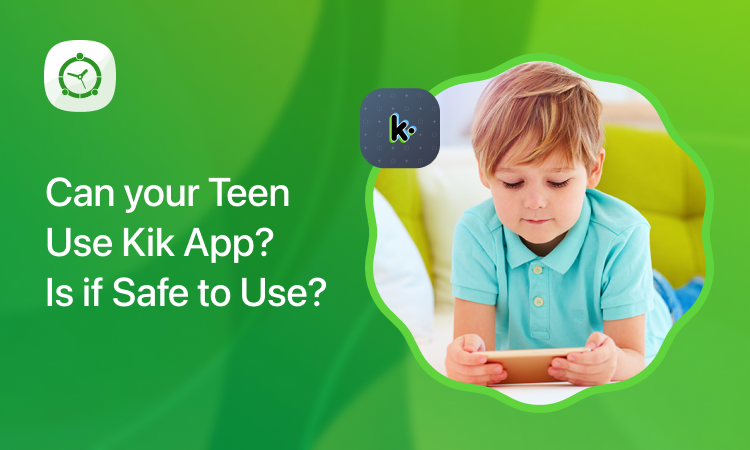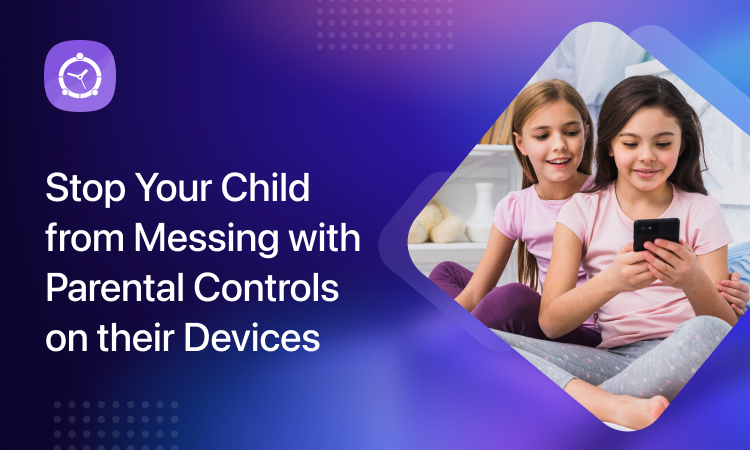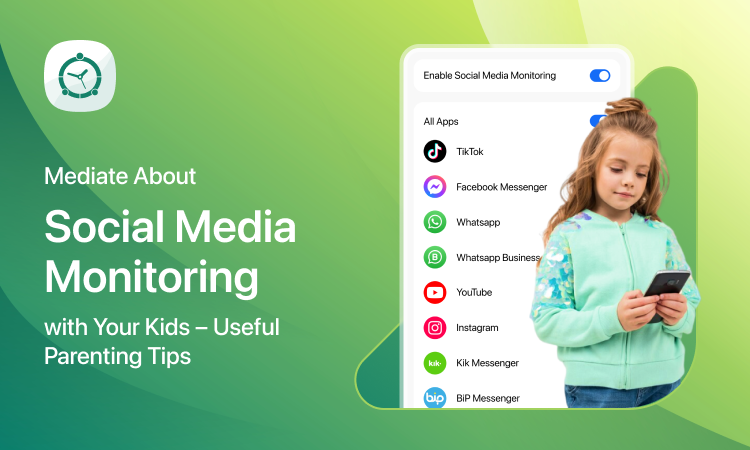There is no college degree that teaches how to be a better parent, but the school of life teaches what to do or not do in raising children. To this, thousands of studies have been carried out, which help parents make better decisions regarding their children.
Based on that research, here are tips to help you raise children with a solid foundation and the resources to live in the world that awaits them. Now that the new year is approaching, it is good that you get to know the basic tips of becoming better parents and implement these in your life, so you and your kids can have a better start. Have a look at these tips here!
Tips to help you be a better parent
- Allow your child to develop
Lisa Feldman Barrett, a neuroscientist and psychologist, cautions that parents should not take on the role of carpenters but of gardeners. A carpenter carves the wood according to the shape he wants, but a gardener lets plants grow by cultivating a fertile field.
Likewise, parents must provide a suitable environment for their children to develop and make their own decisions. For example, many parents believe that their children should inherit their occupations or interests and force them to practice it. Others want to redeem their mistakes and force their children to be what they were not when they were young, while some want their children to fulfil dreams that they never achieved.
According to Feldman, a more effective method is to first see what goals and dreams the children have, and then help them develop them: “Once you understand what type of plant you are growing, you can ‘adjust the soil’ so that it takes root and flourishes.”
- Explain
Studies show that constantly talking to young children causes them to have a more complex vocabulary, but it is not the only benefit: it also helps them regulate their emotions.
Talk about what causes emotions and how they affect someone: “Do you see that child crying? He is in pain from falling and scraping his knee. He’s sad and probably wants a hug from his parents. “
When they reach the age of asking the why of everything, one way to respond is by explaining people’s feelings and the consequences of decisions. Feldman says that parents are a kind of tour guide for their children, and it is their duty to accompany them on the journey “through the mysterious world of humans and their movements and sounds.”
- Describe the consequences of their actions
Feldman argues that being a better parent involves describing actions to children, rather than using adjectives. This means that:
When your son hits your daughter on the head, don’t call him a “bad boy.” Be specific: “Stop hitting your sister. It hurts and annoys her. Tell him you’re sorry. The same rule applies to praise: don’t call your daughter “a good girl.” Instead, comment on their actions: “You made a good choice not to hit your brother back.”
By doing this, the child will understand why he should not (or should) do a specific action; it also helps him develop empathy and put himself in the other person’s shoes.
In the same way, it should be applied to the rules of the house. Instead of forbidding him to overeat sweets, describe what will happen if he does; including consequences for your health and others (if you have to share it with others).
This form of teaching allows the child to grow aware that every action has a consequence; and that, therefore, you must think well before acting.
Another important aspect that parents should take into account is about the digital life of their kids. But unfortunately, this life usually remains hidden from parents because of the privacy provided by smart devices available today. However, if you really want to know what your kids are involved in. In that case, experts recommend parents to use the cell phone parental monitoring apps like FamilyTime that allow parents to take a look at their kids’ activities not just online but offline. Using the app, parents can track their kids’ live and past location that they visited and see their phone usage, their app preferences, their communications and browsing history, etc. With this, the parental monitoring app offers many parental controls to parents such as blocking apps, implementing screen time schedules, applying internet filters, setting a speed limit for safe driving and more. If you wish to see how this app works, give it a try for free.
- Make chores fun
Children imitate parents because they are their primary source of learning. And one way to get them to emulate the good is by teaching them that homework can be fun.
Many researchers suggest that one method is to create games for children to see their obligations as fun. This creates interest, arouses their curiosity, and helps them develop their imaginations.
This advice can not only be applied in housework, but also in any other area. If the child sees their parents’ enthusiasm for a specific activity, they will want to be a part of it too.
- 5. Help him meet other people
Children develop their social skills when exposed to a wide range of people in an environment controlled by their parents.
Feldman suggests that parents expose their children to people of diverse cultures for two reasons. First, because “babies who regularly interact with speakers of different languages can retain critical brain wiring that helps them learn other languages in the future.” And the second reason is that when they are exposed to different faces, when they are older, they will be able to connect, distinguish and remember better, without being prejudiced by skin colour or status.
These were a few tips from our side. If you have something listed in your new year’s resolution list, share that with us in the comment section below. We would like to know your plans for better parenting.








